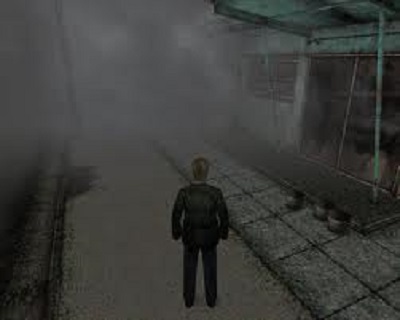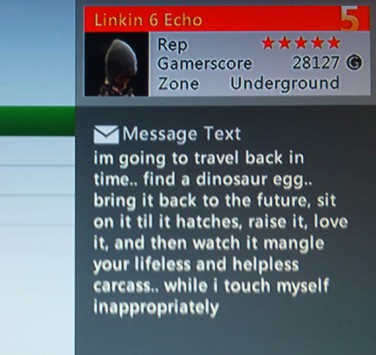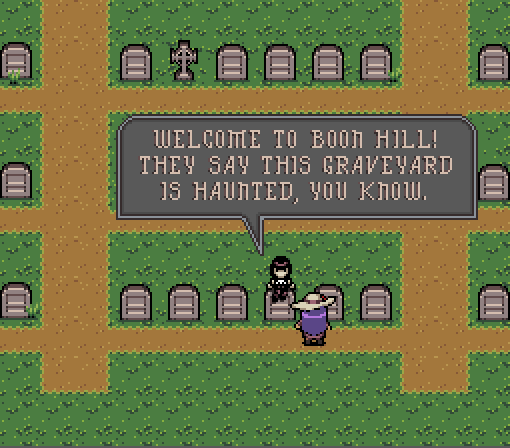In the last couple of months I have been thinking a lot about games research artifacts. I’m not even sure if that’s the best thing to call them but it’s what I’m running with for now. While conferencing this summer I had a handheld game system stolen from a hotel room and while the hardware and software themselves were easy to replace (logistically anyway) I didn’t occur to me what else had been lost until I sat down to work on the chapter that I had been researching with that system. I still had one of the games that I was writing about in my game case (luckily they didn’t take that as well or that would have been several hundred additional dollars) and the other was easily replaced by downloading it from the online store, but what I didn’t have was my game saves. I could easily write about the gameplay that I had already done and (theoretically) just watch some Let’s Play videos for exact details, but what about the gameplay that I hadn’t done yet?
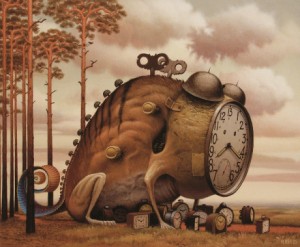 I can’t just pick up my shiny new game and pick up where I left off. One save represented about 20 hours of gameplay and puzzle solving and the other represented another 10+ hours of research time. And while 30+ hours of playing games may sound like an excuse to sit back and just goof off to some folks, that 30+ hours represents at least a full week’s research time to me and to be perfectly honest this chapter is kind of stalled because of it. I can’t bring myself to start those games over from the beginning because every time that I do think about it I just get pissed off again. I’m not pissed off so much because the handheld itself is gone, I only hope that someone took it because they needed money to feed their family or even because they were desperate for a birthday gift for a child that otherwise would never have received such a gift (it’s a fucked up way to get it, but there has to be some silver lining right?) and not that it went for some other nefarious purposes. But I digress, what this process has made me think about more critically is the fragility of games research data and artifacts.
I can’t just pick up my shiny new game and pick up where I left off. One save represented about 20 hours of gameplay and puzzle solving and the other represented another 10+ hours of research time. And while 30+ hours of playing games may sound like an excuse to sit back and just goof off to some folks, that 30+ hours represents at least a full week’s research time to me and to be perfectly honest this chapter is kind of stalled because of it. I can’t bring myself to start those games over from the beginning because every time that I do think about it I just get pissed off again. I’m not pissed off so much because the handheld itself is gone, I only hope that someone took it because they needed money to feed their family or even because they were desperate for a birthday gift for a child that otherwise would never have received such a gift (it’s a fucked up way to get it, but there has to be some silver lining right?) and not that it went for some other nefarious purposes. But I digress, what this process has made me think about more critically is the fragility of games research data and artifacts.
In my home office I have a closet full of computer game disk(ette)s that run on various platforms, but honestly I don’t have the machines necessary to play most of those games anymore. I
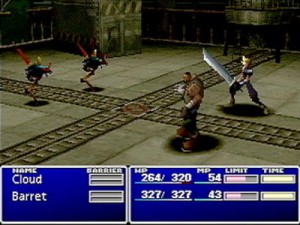 have an old Apple IIe running System 7 that I can use to play my old text based games and still have the original experience and I have a Windows laptop that can run most games made in the last several years, but it runs too fast to play my old Lucas Arts games without using additional software to slow it down enough to make that happen. My game room also houses 30-ish handheld and full-sized game consoles that allow me to play lots of games from the last 30 years, 40 if you count the original single game handheld machines, but realistically they aren’t going to last forever. What happens after that? I know that emulators exist and I have to admit that I have used them in a pinch, but not only are emulators and ROMs in a legally gray area for most (I only play games I already own on another medium) but the experience is not the same. Playing a ROM game on my laptop with an Xbox 360 controller is nothing like the experience of playing same game on my SNES and tv. Now, I’m not as much of a purist as some folks who insist on keeping CRT televisions and other madness so that the experience is exactly the same visually as well, but I do recognize that the motions are different. (Here’s my “kids today have it easy” moment) Controllers for this generation’s systems make gameplay more smooth. The controllers are more ergonomic and more responsive. They make learning and playing games easier than 20 years ago. Hell, I got my first repetitive stress injury after playing a JRPG for almost 24 hours straight fueled by Mountain Dew and salty snacks alone. Luckily, today it takes a lot more time to develop an RSI from playing games. Hardware manufacturers think more about comfort and safety than they did back in the fledgling days (does anyone else remember the first Xbox controller?). And I say all of that to say that it was still a part of the experience and something that we have to take into account when we start thinking and writing about games historically and how players interacted with them.
have an old Apple IIe running System 7 that I can use to play my old text based games and still have the original experience and I have a Windows laptop that can run most games made in the last several years, but it runs too fast to play my old Lucas Arts games without using additional software to slow it down enough to make that happen. My game room also houses 30-ish handheld and full-sized game consoles that allow me to play lots of games from the last 30 years, 40 if you count the original single game handheld machines, but realistically they aren’t going to last forever. What happens after that? I know that emulators exist and I have to admit that I have used them in a pinch, but not only are emulators and ROMs in a legally gray area for most (I only play games I already own on another medium) but the experience is not the same. Playing a ROM game on my laptop with an Xbox 360 controller is nothing like the experience of playing same game on my SNES and tv. Now, I’m not as much of a purist as some folks who insist on keeping CRT televisions and other madness so that the experience is exactly the same visually as well, but I do recognize that the motions are different. (Here’s my “kids today have it easy” moment) Controllers for this generation’s systems make gameplay more smooth. The controllers are more ergonomic and more responsive. They make learning and playing games easier than 20 years ago. Hell, I got my first repetitive stress injury after playing a JRPG for almost 24 hours straight fueled by Mountain Dew and salty snacks alone. Luckily, today it takes a lot more time to develop an RSI from playing games. Hardware manufacturers think more about comfort and safety than they did back in the fledgling days (does anyone else remember the first Xbox controller?). And I say all of that to say that it was still a part of the experience and something that we have to take into account when we start thinking and writing about games historically and how players interacted with them.
So a very important question at this point is how do we not only preserve games in a format that we can play for research (and entertainment) purposes in the future, but how do we also preserve the experience so that we can write about them as accurately as possible (even though we as gamers have changed)? I don’t know how many more games I can hoard in my home and the issue of hardware and data storage is another pressing issue. I know that Valve, Microsoft and Playstation now allow cloud saves, but that space is limited and I have my PC saves backed up on a specially marked and purposed terabyte external hard drive, but there is so much more to consider. There is much to consider not only in terms of digital and games archives, but (shared) games research spaces. In the near future (especially considering the death knell of backward compatibility) we are going to find the possibilities of less packrat-ish games researchers limited severely when it comes to doing historical games research. Hold on a sec…..Hey, you kids get off my damned lawn
!

